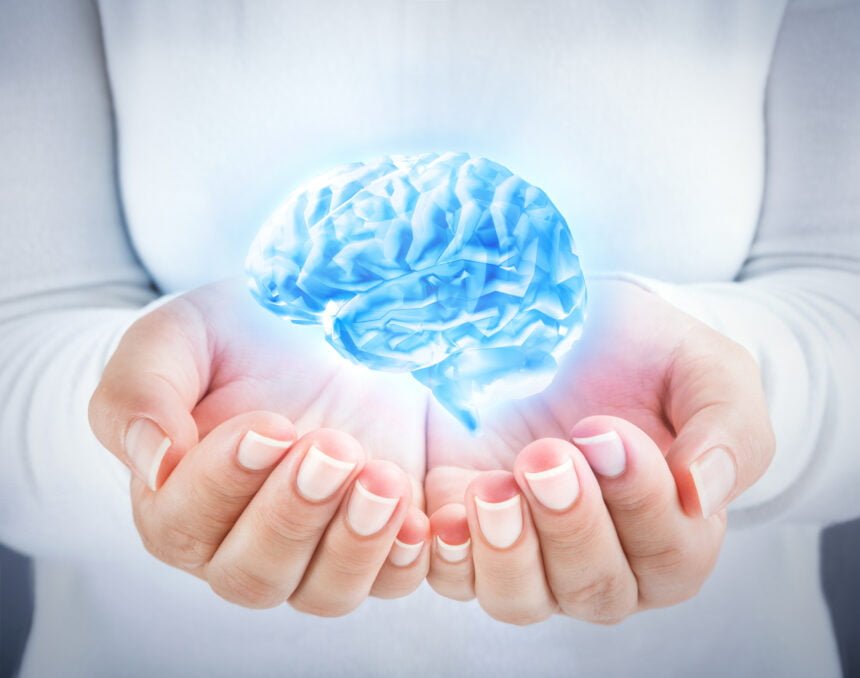When it comes to how central nervous system (CNS) stimulants like caffeine, nicotine, and amphetamines work in the body, it’s essential to understand the basic physiology behind their effects. CNS stimulants work on the brain by boosting mental energy, focus, and alertness while simultaneously reducing mental fatigue. They are often used in therapeutic applications to treat narcolepsy and attention deficit disorder but can also be misused.
In this article, we’ll look at how CNS stimulants work in the body and why they should be used with restraint.
Body
CNS stimulants function by activating areas of the body besides the brain. They may cause dilated pupils, a rise in blood pressure, increased heart rate and respiration, and reduced appetite. These effects can help treat medical conditions but pose health risks when used for recreational purposes.
CNS stimulants also have adverse psychological effects, including paranoia, aggressive conduct, and physical side effects such as racing heart, nervousness, and perspiration. Long-term use of these drugs is associated with a higher risk of developing mental disorders such as schizophrenia or bipolar disorder.
For example, methylphenidate ER is a prescribed CNS stimulant used to treat attention deficit disorder (ADHD). While methylphenidate has a good track record for treating ADHD, it also has some undesirable side effects if misused, including insomnia, irritability, and appetite loss. Therefore, methylphenidate should only be taken as directed by a doctor, and the dosage should be monitored regularly to reduce any adverse side effects.
Brain
Brain chemistry is altered by CNS stimulants, which is how they primarily function. These medications release neurotransmitters, including dopamine and norepinephrine, which impact mood and cognition. They also prevent these molecules from being reabsorbed, which prolongs their stay in the brain. It could give you more energy or enable you to focus for more extended periods.
The brain also has receptors for these drugs, which can become desensitized over time. It means that the drug’s effects might be less potent and you could need more to get the same result.
Long-term use of CNS stimulants may have adverse mental and physical effects since the brain is a complex organ. These include heart palpitations, anxiety, insomnia, and headaches. Additionally, they should only be used with a prescription and under supervision due to the possibility of addiction and misuse.
Circulatory System
CNS stimulants also affect the circulatory system, increasing blood flow throughout the body. You might feel more energetic and alert due to higher oxygen levels and nutrient delivery to the muscles and organs.
If taken in high enough doses, these drugs can cause blood vessels to narrow and increase heart rate and blood pressure. It can be dangerous, especially for people with existing cardiovascular problems.
Long-term usage of CNS stimulants may also negatively affect the circulatory system. Drug accumulation in your body may result in tissue damage, which can adversely affect your health.
Immune System
The long-term use of CNS stimulants can also damage your immune system. These medications may weaken the immune system and raise the risk of contracting illnesses, including cancer, autoimmune disorders, and diabetes.
High dosages of these medications may also depress white blood cells, increasing your risk of infection or illness. Additionally, long-term use of CNS stimulants may result in sadness, anxiety, and other mental health problems since they alter your brain’s chemistry.
CNS stimulants may also interfere with your sleep pattern, which is vital for a robust immune system. These medications may interfere with your circadian cycle over time, which can cause weariness and an elevated risk of sickness.
Endocrine System
The endocrine system, which regulates hormone production in the body, may also be impacted by CNS stimulants. These medications may raise cortisol levels, resulting in depression and weight gain.
Long-term use of CNS stimulants can also cause adrenal exhaustion, a condition in which the adrenal glands are overworked and unable to produce enough hormones. It may result in drowsiness, irritation, and a lack of focus.
Additionally, they may obstruct insulin absorption, resulting in weariness and nearsightedness. Reduced bone density, which may cause osteoporosis, has also been related to the long-term usage of CNS stimulants. Additionally, it may sometimes harm the liver and heart.
Final Thoughts
CNS stimulants may affect the body in several ways, both favorably and unfavorably. They may aid in treating several disorders when used safely and under medical supervision. However, they may pose significant health hazards, including addiction and misuse, when taken recreationally or over an extended period.
To be sure that the prescription and over-the-counter medications you are taking are safe for your body, it is essential to discuss them with your doctor. Therefore, it’s crucial to have regular checkups to keep track of any changes in your health brought on by the medications. Stay safe and stay healthy!









